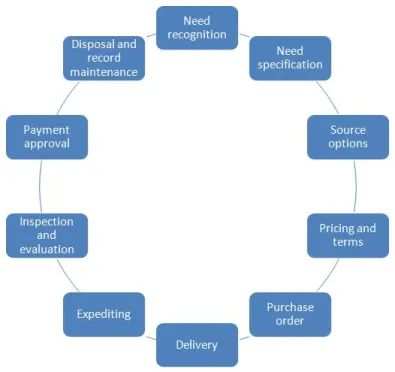The Role of Leadership in Fostering a Culture of Operational Excellence
- Aug 28, 2024
- 3 min read
In today’s competitive business landscape, achieving operational excellence is more than just a goal—it’s a necessity. Operational excellence is the consistent execution of business strategies that lead to the efficient delivery of high-quality products or services. At the heart of this endeavor lies leadership, which plays a critical role in fostering a culture where operational excellence can thrive. This blog explores how effective leadership drives operational excellence and the key strategies leaders can use to cultivate this culture within their organizations.
Understanding Operational Excellence
Operational excellence involves creating a work environment where employees are empowered to achieve the highest levels of efficiency, quality, and productivity. It requires a commitment to continuous improvement, innovation, and a customer-centric mindset. Leaders who prioritize operational excellence understand that it is not a one-time initiative but a long-term, strategic approach to business success.
The Leadership Role in Operational Excellence
Vision and Strategy: Leaders set the tone for operational excellence by articulating a clear vision and strategy. This vision should align with the company’s overall goals and emphasize the importance of efficiency, quality, and continuous improvement. By communicating this vision effectively, leaders inspire their teams to work towards common objectives.
Building a Culture of Accountability: A culture of operational excellence is built on accountability. Leaders must establish clear expectations and hold themselves and their teams accountable for meeting those standards. This involves setting measurable goals, providing regular feedback, and ensuring that everyone understands their role in achieving operational success.
Empowering Employees: Empowerment is key to fostering operational excellence. Leaders who trust their employees and provide them with the tools, training, and autonomy to perform their tasks are more likely to see high levels of engagement and productivity. Empowered employees are more motivated to innovate and find solutions to operational challenges.
Continuous Improvement: Operational excellence requires a commitment to continuous improvement. Leaders must encourage a mindset where employees are always looking for ways to enhance processes, reduce waste, and improve quality. This can be achieved through regular training, open communication, and fostering a culture where feedback is valued and acted upon.
Leading by Example: Leaders must embody the principles of operational excellence in their actions and decisions. By demonstrating a commitment to quality, efficiency, and continuous improvement, leaders set a powerful example for their teams. This includes being open to change, embracing new technologies, and showing resilience in the face of challenges.
Fostering Collaboration: Operational excellence is often achieved through cross-functional collaboration. Leaders should promote a collaborative environment where different departments work together to solve problems and improve processes. By breaking down silos and encouraging teamwork, leaders can drive efficiency and innovation across the organization.
Key Strategies for Leaders to Cultivate Operational Excellence
Develop Clear Communication Channels: Leaders should establish clear communication channels that allow for the free flow of information across the organization. This ensures that everyone is on the same page and can contribute to the continuous improvement process.
Invest in Training and Development: Continuous learning is essential for operational excellence. Leaders should invest in the training and development of their employees, equipping them with the skills and knowledge needed to excel in their roles.
Recognize and Reward Excellence: Recognizing and rewarding employees who contribute to operational excellence reinforces the importance of these efforts. Leaders should celebrate successes and encourage others to strive for similar achievements.
Implement Performance Metrics: Leaders should use performance metrics to track progress and identify areas for improvement. These metrics should be aligned with the organization’s operational goals and regularly reviewed to ensure they are driving the desired outcomes.
Encourage Innovation: Innovation is a key driver of operational excellence. Leaders should create an environment where employees feel safe to experiment, take risks, and propose new ideas that can lead to improved processes and outcomes.
Conclusion
The role of leadership in fostering a culture of operational excellence cannot be overstated. By setting a clear vision, empowering employees, promoting continuous improvement, and leading by example, leaders can create an environment where operational excellence becomes the norm. As businesses continue to navigate an increasingly complex and competitive landscape, strong leadership will be the cornerstone of sustained success and operational superiority.
SITES WE SUPPORT
SOCIAL LINKS




Comments